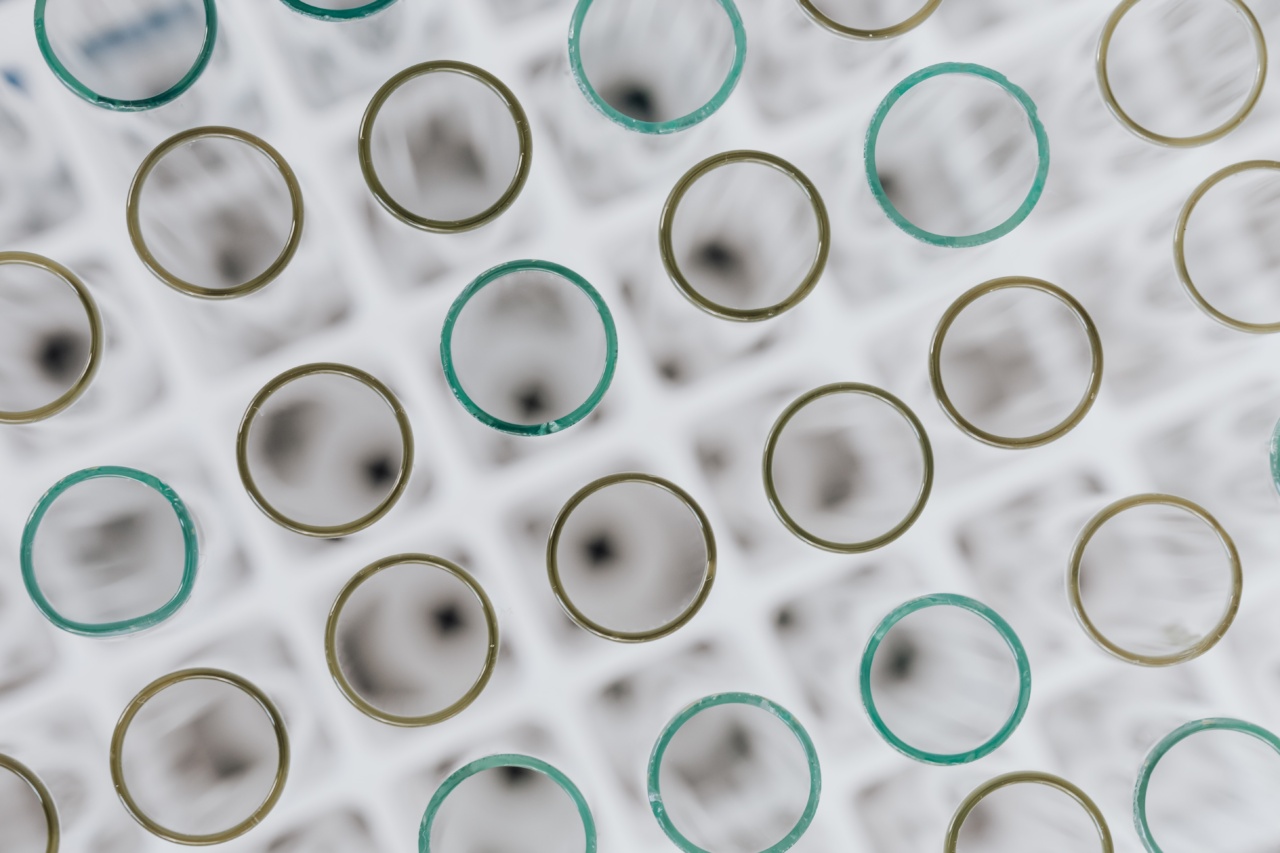Constipation is a common gastrointestinal issue that affects millions of people worldwide. It is characterized by infrequent bowel movements, difficulty passing stools, and excessive straining.
While many people resort to over-the-counter laxatives or dietary changes to alleviate constipation, recent studies have shown surprising benefits to treating constipation through basic science research. This article will delve into the various ways in which basic science has uncovered unprecedented advantages in managing constipation.
The Role of Gut Microbiota in Constipation
Gut microbiota, a collection of microorganisms residing in our digestive tract, plays a crucial role in various aspects of our health. Recent studies have shown a strong link between gut microbiota and constipation.
The composition of our gut microbiota can influence the motility and function of our intestines, which directly impacts bowel movements. Basic science research has demonstrated that certain strains of bacteria can regulate bowel movements and alleviate constipation.
Understanding the intricate relationship between gut microbiota and constipation opens up new possibilities for targeted treatments.
Neural Pathways and Constipation
The human digestive system is regulated by a complex network of neural pathways that ensure the proper functioning of bowel movements. Basic science research has uncovered surprising connections between neural pathways and constipation.
Studies have demonstrated that disruptions in the neural pathways that control the movement of stool can lead to chronic constipation. By identifying and understanding these neural pathways, researchers have developed innovative treatments that target specific areas of the nervous system to alleviate constipation.
The Importance of Fiber in Relieving Constipation
Fiber is widely acknowledged as a key component of a healthy diet and is well-known for its role in promoting regular bowel movements.
Basic science research has provided valuable insights into the mechanisms behind the benefits of fiber in relieving constipation. Fiber adds bulk to the stool, making it easier to pass through the intestines. Moreover, certain types of fiber can ferment in the gut, producing short-chain fatty acids that stimulate bowel movements.
By elucidating these mechanisms, scientists have been able to develop specific dietary recommendations and fiber supplements to treat constipation effectively.
The Impact of Exercise on Bowel Movements
Regular physical activity has long been touted for its positive effects on overall health. Basic science research has also revealed surprising benefits of exercise in managing constipation.
Physical activity stimulates the muscles in the intestines, enhancing the movement of stool through the digestive tract. Studies have shown that even moderate exercise can significantly improve bowel movements and reduce the symptoms of constipation.
Understanding the physiological effects of exercise on the intestines has led to recommendations of specific exercises and physical therapy techniques for individuals struggling with constipation.
Novel Treatment Approaches Inspired by Basic Science
Basic science research has paved the way for innovative and effective treatments for constipation. By studying the underlying mechanisms of constipation, researchers have identified novel targets for medications and therapies.
For instance, the discovery of certain receptors in the intestines has led to the development of drugs that specifically target and stimulate these receptors, thereby promoting regular bowel movements. Additionally, basic science has opened up avenues for the use of probiotics and prebiotics, which can optimize gut microbiota and improve digestive function.
These cutting-edge treatments hold great promise in providing long-term relief for constipation sufferers.
Emerging Technologies in Constipation Research
Advancements in technology have revolutionized the field of constipation research. Basic science studies now utilize state-of-the-art imaging techniques to visualize the intestines and identify abnormalities that may contribute to constipation.
These technologies enable researchers to gain a deeper understanding of the underlying causes of constipation and develop more targeted interventions. Additionally, emerging technologies in neurophysiology allow for precise monitoring and manipulation of neural pathways, leading to unprecedented insights into the relationship between the nervous system and constipation.
Nutritional Interventions for Constipation
Basic science research has shed light on the importance of nutritional interventions in managing constipation.
Certain food groups, such as fruits, vegetables, whole grains, and legumes, contain high levels of fiber and other compounds that promote healthy digestion. By examining the effects of specific nutrients and bioactive compounds on gut function, researchers have identified dietary strategies that alleviate constipation.
These findings have led to the development of specialized diets and personalized nutrition plans for individuals suffering from chronic constipation.
Psychological Factors and Constipation
Constipation is not solely a physical issue but can also be influenced by psychological factors. Basic science research has uncovered surprising connections between mental health and constipation.
Stress, anxiety, and depression can all contribute to changes in bowel movements and exacerbate constipation. Understanding the complex relationship between the brain and the gut has led to the incorporation of cognitive-behavioral therapy, relaxation techniques, and mindfulness practices in constipation management.
By addressing psychological factors, comprehensive treatment plans can provide more holistic relief for constipation sufferers.
Role of Hydration in Bowel Function
Adequate hydration is crucial for maintaining optimal bowel function. Basic science research has revealed the importance of hydration in preventing and managing constipation.
When the body is dehydrated, the intestines absorb more water from the stool, resulting in harder and more difficult-to-pass stools. Studies have shown that increasing fluid intake can soften the stool, improve bowel movements, and alleviate constipation.
By promoting proper hydration, healthcare professionals can significantly impact constipation management and enhance overall gastrointestinal health.
Conclusion
The field of constipation research has greatly benefited from basic science investigations, uncovering surprising benefits in the treatment and management of constipation.
Through studies on gut microbiota, neural pathways, fiber, exercise, and emerging technologies, researchers have developed innovative treatments and interventions. By addressing psychological factors and highlighting the role of hydration, healthcare providers can offer comprehensive approaches to constipation management.
With ongoing advancements in basic science research, the future holds promising possibilities for further enhancing our understanding of constipation and improving the lives of individuals living with this condition.































